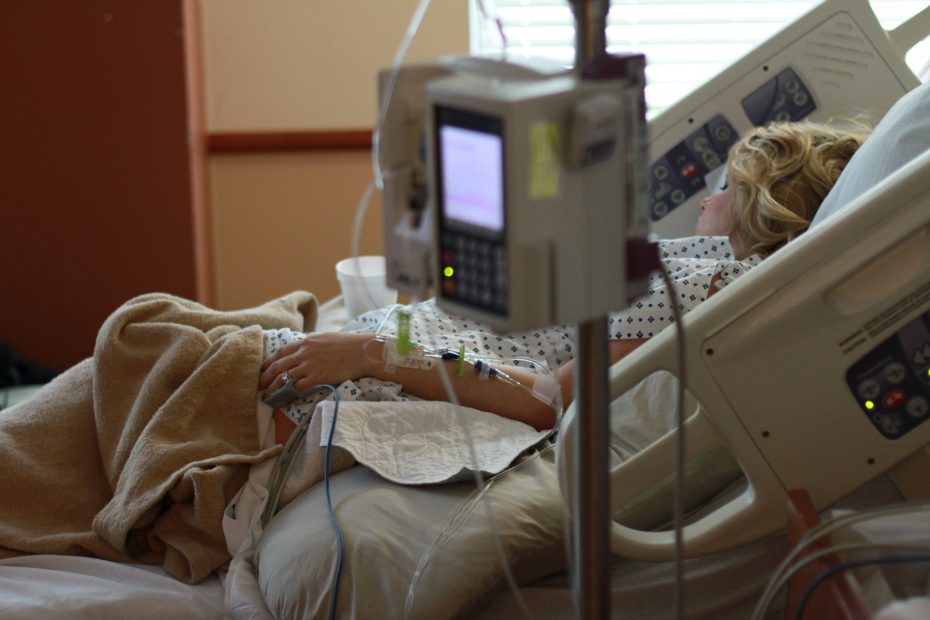By Michael Cook
As Canada’s Medical Assistance in Dying regime expands, it is meeting more resistance. One of the most powerful criticisms, one which has surfaced often in the media, is that some people with chronic illnesses, whose death is not reasonably foreseeable, are choosing to die because social services are inadequate. They do not want to, but they feel that they have no choice. Critics say that these cases show that people are being railroaded into choosing euthanasia and are unable to make a truly autonomous choice.
All very sad and tragic and a disgraceful commentary on Canada’s social services and so on – but not a good argument against MAiD, write two bioethicists in the Journal of Medical Ethics. These patients may be disabled and they may be oppressed, but they know what they are doing and their autonomous choices must be respected:
There is every evidence that many people subjected to oppressive socioeconomic circumstances demonstrate full autonomy in the relevant ways: they understand their options, appreciate the consequences of their actions, and persist in a course of action they view as better than the alternative of continuing to live in their current circumstances. Further, treating them as though they lack autonomy replicates the kinds of harmful biases that relational theorists aim to avoid.
Denying access to MAiD to these people falls into the fallacy of “ineffective individualism about systemic problems”. In other words, we may save their lives, but they will still be living in the same miserable and unjust conditions.
“The injustice of those social conditions should lead to social reform rather than a restriction of the options of the suffering individuals involved,” write the authors in a blog post.
This is, to use technical language, completely bonkers.
More than a buzz word, “autonomy” has become an iron ideology in bioethics. As these bioethicists use it, autonomy justifies any course of action, so long as it does not harm someone else. What can’t be justified as “autonomous”? Suicide? Self-mutilation? Drug addiction? Abortion? Prostitution? No: all of these are supported by bioethicists who declare that free choices are inviolable.
In this case, a conclusion based on autonomy is indistinguishable from a conclusion based on utter indifference.
This shows the bankruptcy of bioethics based only on choice. It’s not choice that makes a decision good or bad, but whether you choose something good. When someone with chronic health problems, poor social relations, and unbearable living conditions decides to commit suicide, they are obviously making a bad choice. Death is never, ever, a good choice.
This article has been reprinted with permission and can be found at mercatornet.com/canadian-euthanasia-let-them-die-they-know-what-theyre-doing.
